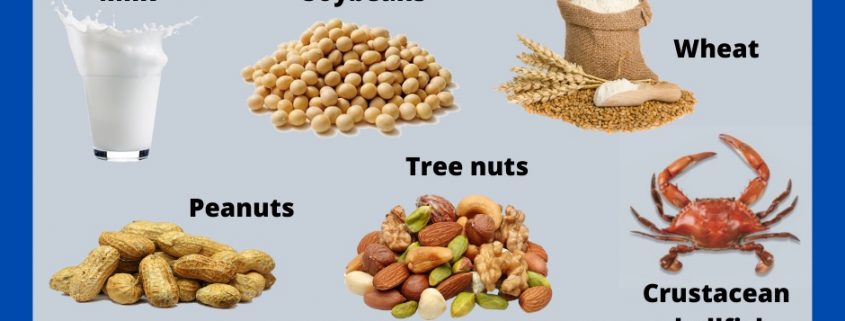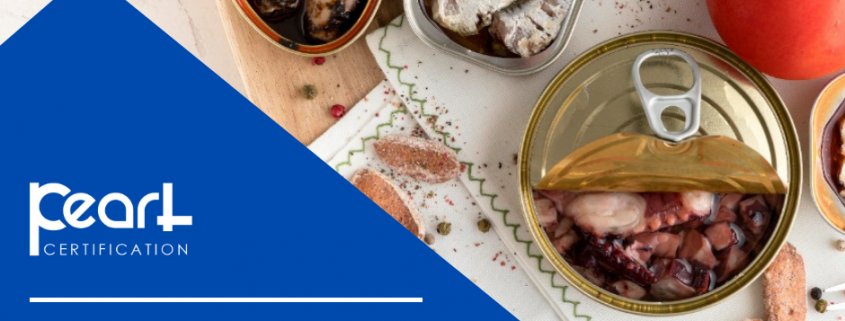Posts
https://www.iso22000malaysia.com/wp-content/uploads/2022/07/iso-22000-requirement.jpg
663
936
iso22km
https://www.iso22000malaysia.com/wp-content/uploads/2021/11/ISO-22000-1.png
iso22km2022-07-28 10:37:322022-07-28 10:37:32ISO 22000:2018 Requirements
https://www.iso22000malaysia.com/wp-content/uploads/2022/07/chemical-hazard.png
788
940
iso22km
https://www.iso22000malaysia.com/wp-content/uploads/2021/11/ISO-22000-1.png
iso22km2022-07-28 10:11:342022-07-28 10:13:26Type of Hazard in Food Industy
https://www.iso22000malaysia.com/wp-content/uploads/2022/07/Food-Allergen.jpg
788
940
iso22km
https://www.iso22000malaysia.com/wp-content/uploads/2021/11/ISO-22000-1.png
iso22km2022-07-28 07:43:082022-07-28 07:46:22What is Food Allergen?
https://www.iso22000malaysia.com/wp-content/uploads/2022/07/food-preserve.png
788
940
iso22km
https://www.iso22000malaysia.com/wp-content/uploads/2021/11/ISO-22000-1.png
iso22km2022-07-27 09:53:182022-07-27 10:36:385 Importance of Food Preservation
https://www.iso22000malaysia.com/wp-content/uploads/2019/08/organic-food-farm.jpg
1000
1500
iso22km
https://www.iso22000malaysia.com/wp-content/uploads/2021/11/ISO-22000-1.png
iso22km2019-08-24 18:56:262021-11-29 03:42:21ISO 22000 Food Safety Management System
https://www.iso22000malaysia.com/wp-content/uploads/2018/09/front-view-vegetable-composition-with-seasonings-greens-white-background-color-photo-vegetable-healthy-life-salad-meal-ripe.jpg
1000
1500
iso22km
https://www.iso22000malaysia.com/wp-content/uploads/2021/11/ISO-22000-1.png
iso22km2018-09-24 18:48:062021-11-28 23:15:43New Revision for ISO 22000:2018
Scroll to top





